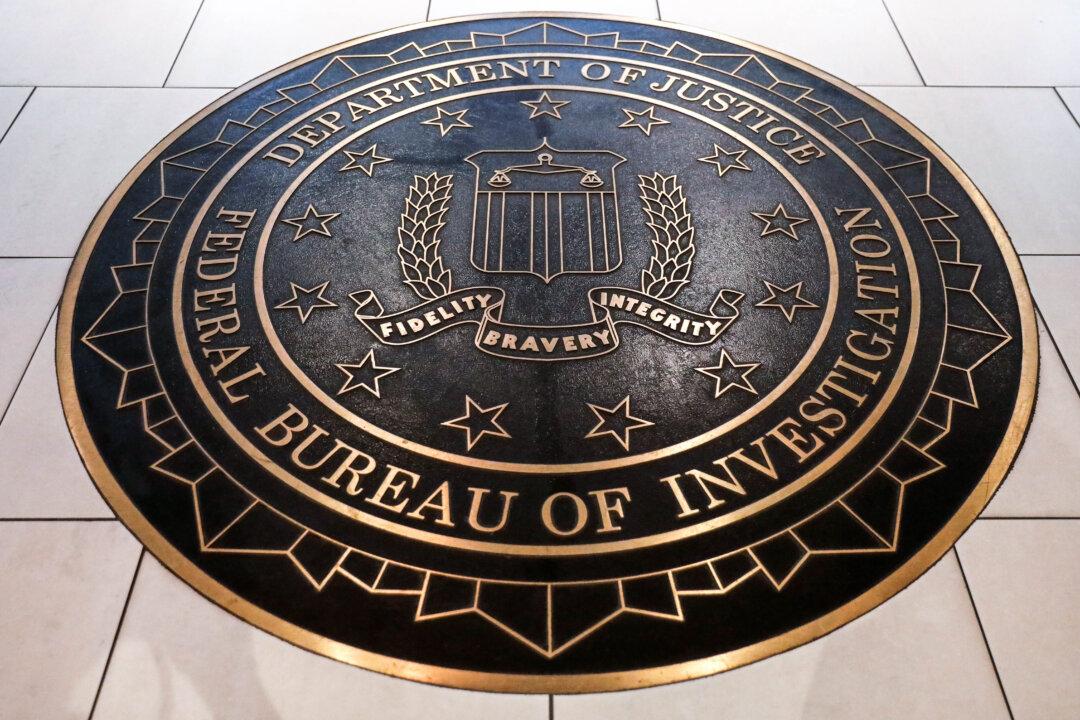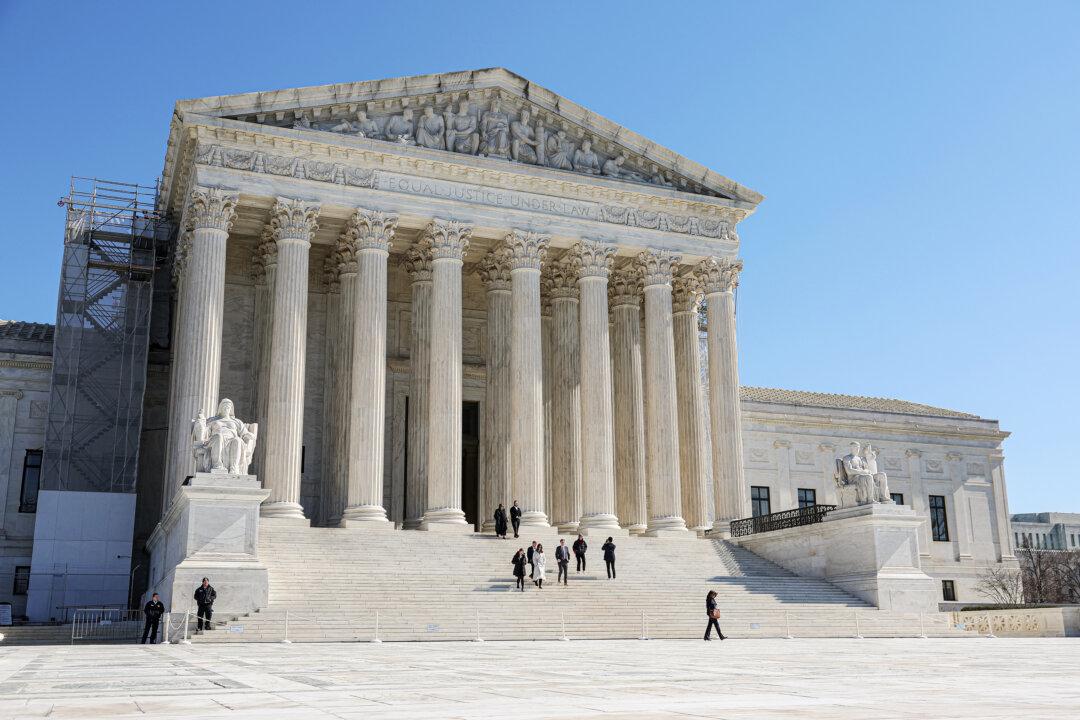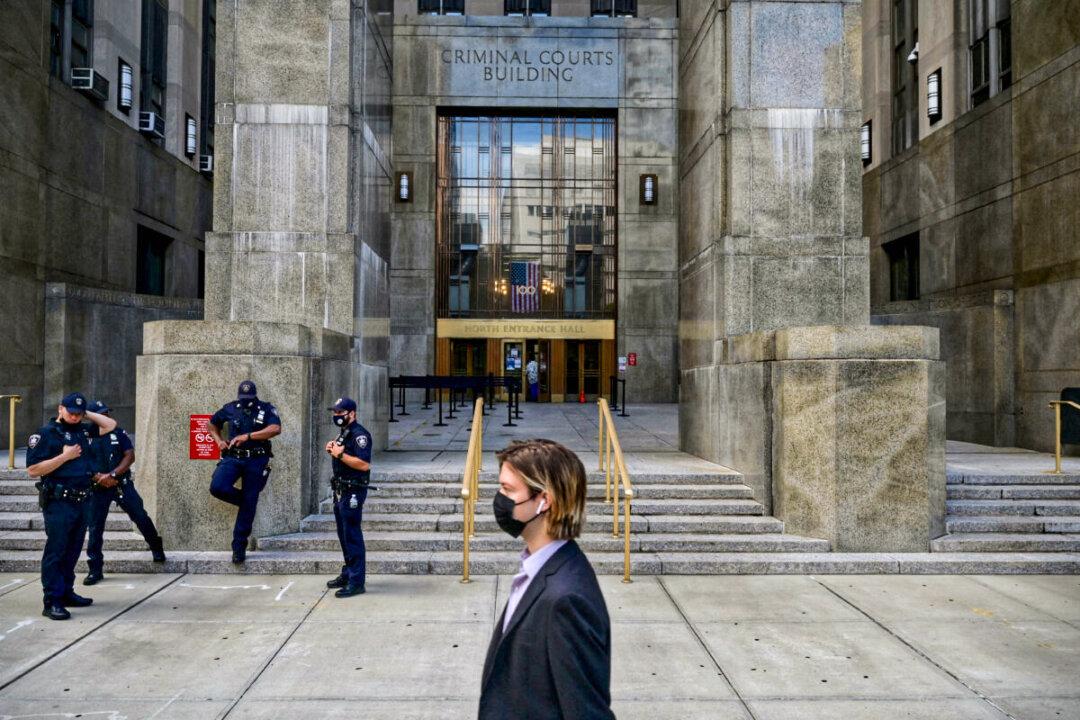Commentary
FBI Director Christopher Wray’s testimony before the Senate Judiciary Committee earlier this month, when he stated that the events of Jan. 6 aren’t isolated but are symptomatic of a widespread domestic terrorism problem, can only be interpreted in one way.





